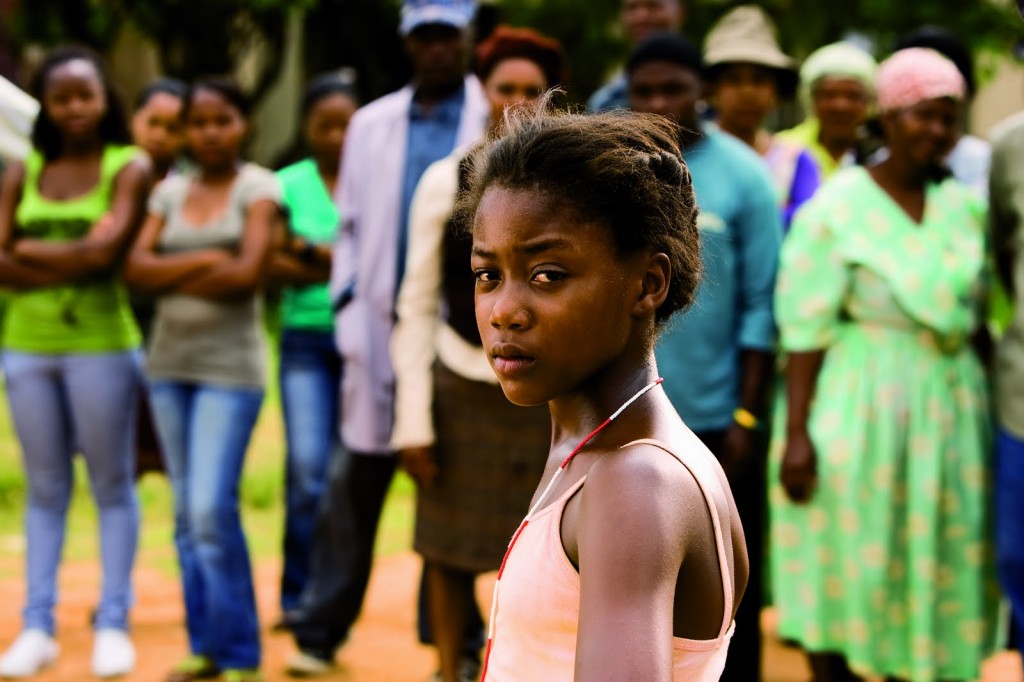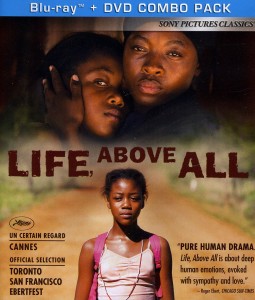 BUY FROM AMAZON: CLICK HERE!
BUY FROM AMAZON: CLICK HERE!
MSRP $45.99
RATED PG-13
STUDIO Sony Pictures Classics
RUNNING TIME 106 minutes
SPECIAL FEATURES
• The making of Life, Above All
The Pitch
One of the most uplifting movies about sad people that you’ll ever see.
The Humans
Khomotso Manyaka, Keaobaka Makanyane, Harriet Lenabe, Lerato Mvelase
The Nutshell
Preteen Chanda is the defacto caretaker of her family, with her mother, Lillian, barely able to keep herself working and the father of her three half-siblings a worthless layabout. After the death of Chanda’s baby sister, Lillian gets increasingly sick, and rumors begin flying around their small South African town about who might have contracted what from whom. Chanda finds similar nastiness swarming around her best friend, Esther, who is developing an undeserved reputation as a loose girl. The film follows Chanda as she tries to hold everything in her fragile life together.
The Lowdown
Every year brings us a few Oscar-gunning dramas featuring poor people with problems. Some of them are bad (The Blind Side), some of them are good (Frozen River), some of them are truly excellent (Winter’s Bone), and some of them are… something else entirely (Precious: Based on the Novel “Push” by Sapphire, which must always be referred to by its full title. Otherwise, Lee Daniels manifests and forces you to watch Shadowboxer). Life, Above All completely fell through the cracks last year, which surprises me, because it’s the kind of stuff that the Academy usually devours. It deals with weighty contemporary issues, but is inspirational at the same time. More importantly, it’s actually good. Like, really good. Ah, well. Best not to try to unravel the mystiques of the AMPAS voters.
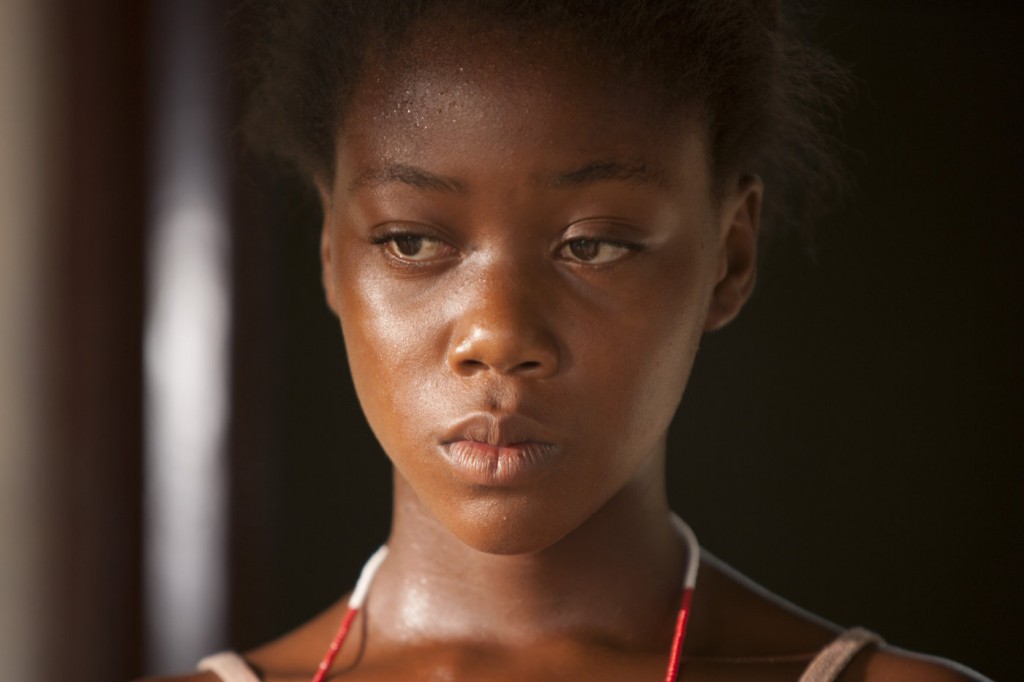
Lauren is still determined to get a Sea Otter.
Life, Above All never has only one “big moment” of the sort that the Oscars love, and even then it’s relatively low key. It earns its sentiment, and it does so not through overbearing emotion, but through quietly building on itself throughout its story. More than anything else, the movie reminds me of Ballast, the 2008 drama that similarly followed an impoverished family in the wake of one member’s death (For my money, it’s the most outrageously overlooked film of the last decade). Both films act as testament to the silent resilience that poverty induces in many people. Importantly, they don’t portray this as some kind of “noble poor” stereotype, but simply a quality that’s necessary for survival in such circumstances.
Of course, some resort to superstition or pettiness in this environment, and that shows up here. I’m not familiar with the realities of life in rural South Africa, so I don’t know whether there’s any verisimilitude in Chanda’s neighbors suspecting that a curse has been placed on her mother, one that threatens their livelihoods. This plot device raises my “white people condescension” detector, but then again, I’ve read that such beliefs aren’t unheard-of in such areas. Accurate or not, it’s the iffiest part of the movie.
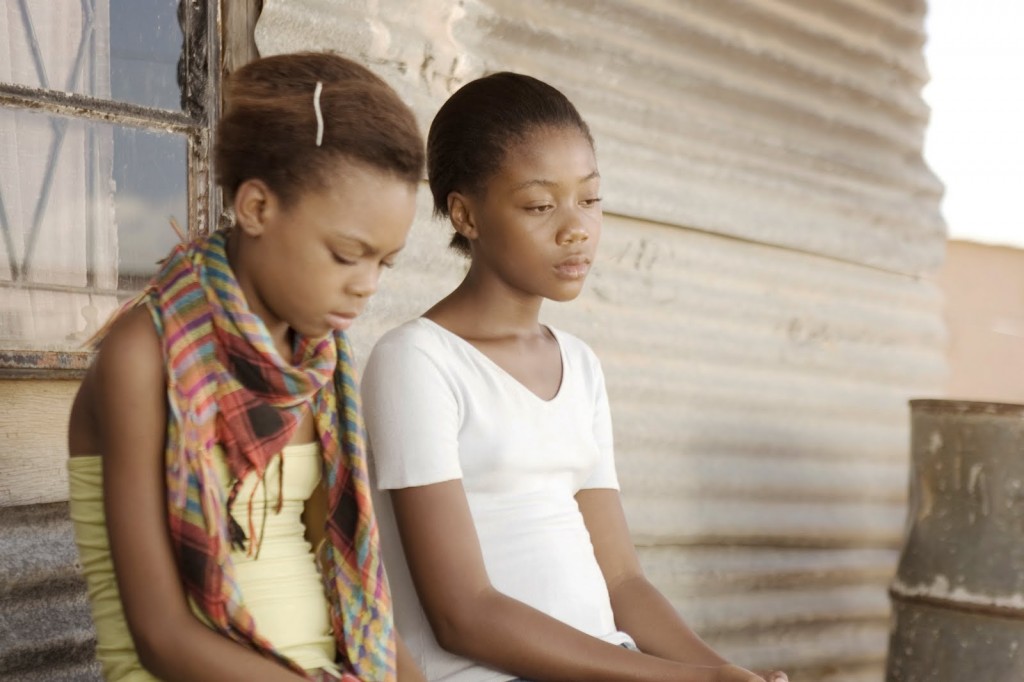
Lauren’s friend tries in vain to convince her that getting a Sea Otter would be a big mistake.
But the rest of the film more than overrides those concerns. And holding it all together is an incredible performance from young Khomotso Manyaka as Chanda. Manyaka projects a soulful world-weariness that frankly feels inhuman. Chanda is a stalwart pillar of strength, bottling up concerns that would crush any First Worlder and enduring them with dignity and competence. Manyaka has the ability to break your heart with the tiniest motion. She deserves to go places.
Almost matching Manyaka is Keaobaka Makanyane as Esther. She’s succumbing to different pressures, not having any income to support herself. As rumors of promiscuity dog her, she eventually decides she might as well fulfill the prophecy if it will keep her alive. Esther’s story could almost be its own movie, but keeping it subordinate here underlines how precarious Chanda’s situation is, especially as Lillian’s health worsens. The relationship between the two girls feels real, and it’s a huge part of the film’s emotional resonance.
In fact, female relationships form much of the movie’s foundation. Friends. Mothers and daughters. Neighbors. This is a story all about women, and its feminist in rather matter-of-fact way, rather than a rah-rah way, which is refreshing (I say this as someone who doesn’t mind rah-rah feminism).
Life, Above All is gorgeous to look at (The colors pop magnificently. This is no drab, lifeless place), wonderfully acted, and full of small moments of grace and power. It’s an affirming ode to the human spirit, and the fact that I’m willing to stoop to such a corny phrase as “human spirit” is a testament to how genuinely, unironically moving it is.
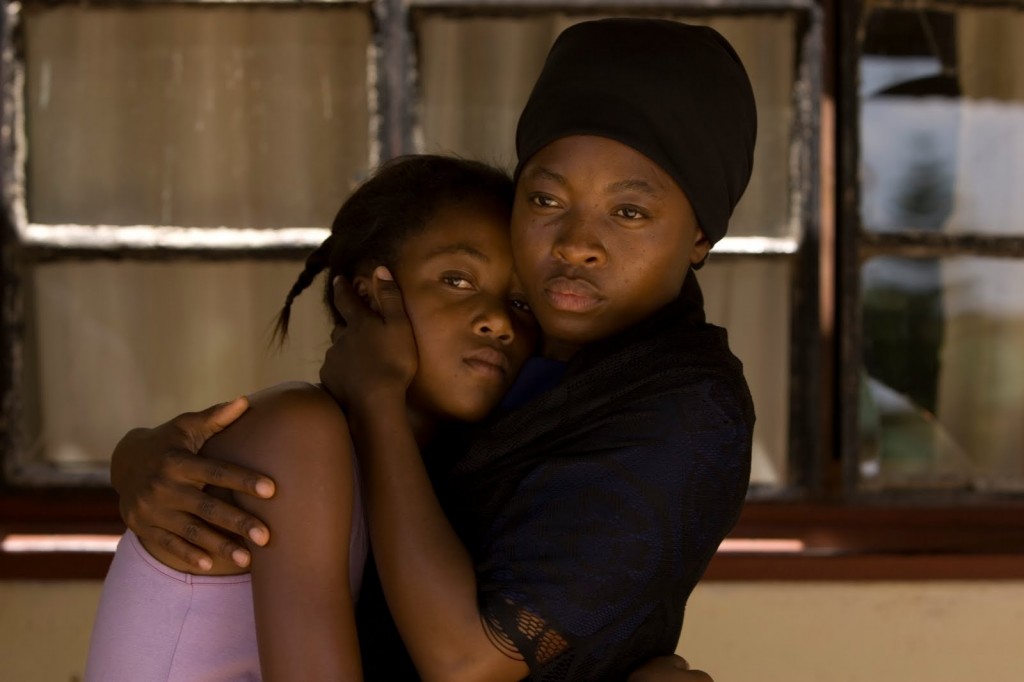
Lauren realizes she will never own a Sea Otter.
The Package
A paltry, perfunctory making-of short. That’s all. The movie itself is more than worth it, though.
Rating: 




Out of a Possible 5 Stars
